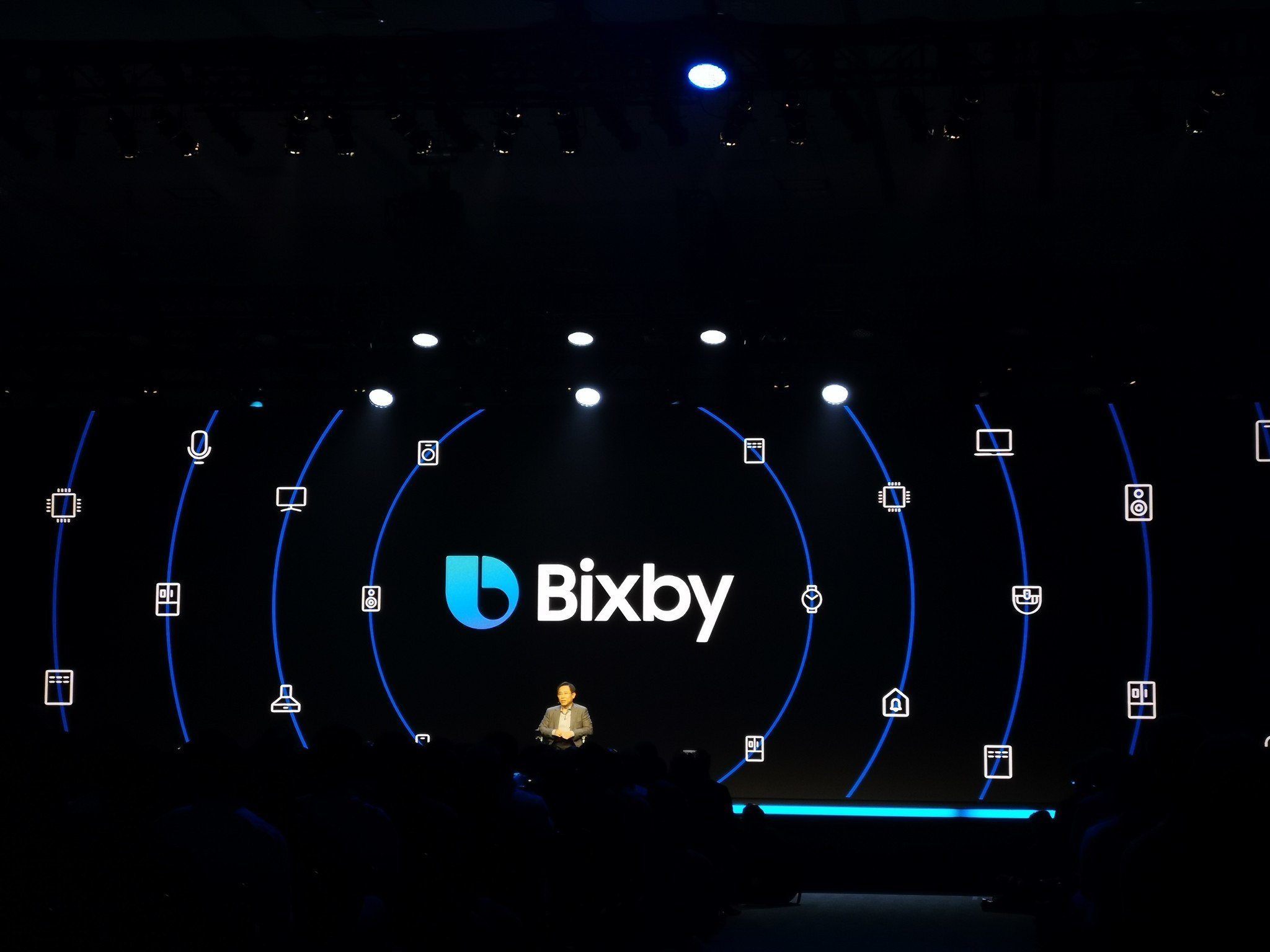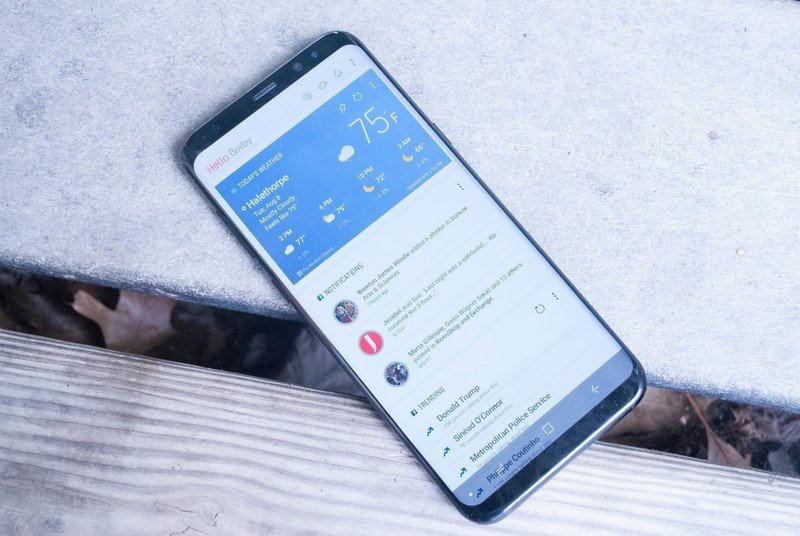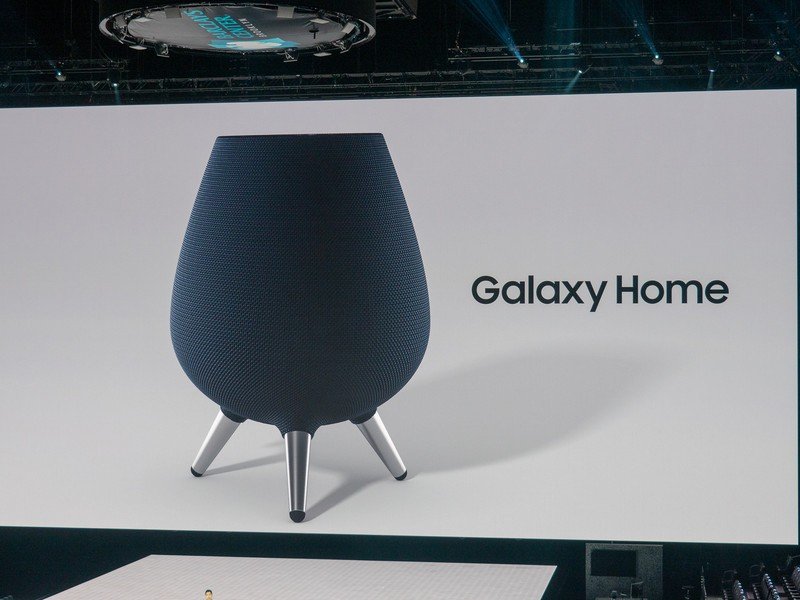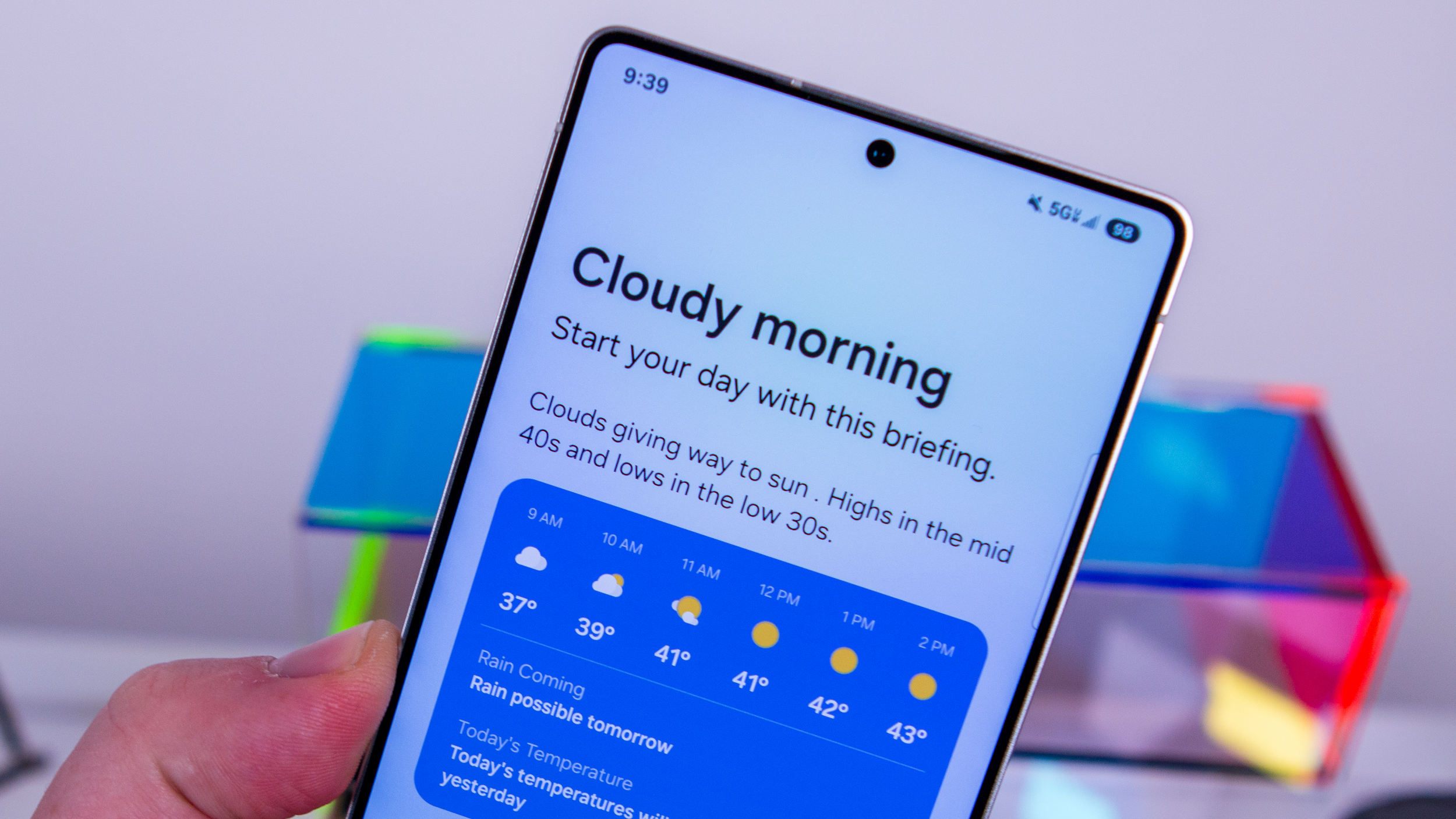Bixby isn't dead or going away anytime soon — it's actually improving and expanding

Every time someone mentions Bixby within the context of the smartphone enthusiast crowd, it's typically met with a range of responses from a laugh to downright disgust. Our guide for how to disable Bixby on your phone, which nominally targets more casual Galaxy owners, is incredibly popular. If you look at these signals, it leads to a general feeling that Samsung is going to simply "give up" on Bixby and throw in the towel to let Google and Amazon run the smart assistant ecosystem. Unfortunately for the Bixby haters, I don't see that happening at all — Bixby isn't going away anytime soon.

Part of the reason why people think Bixby is destined to die is that they also think Bixby is simply a Google Assistant competitor on high-end Galaxy phones. If you look at Bixby this way, yes, it's objectively worse than Google's, and even Amazon's, offering. Bixby isn't as helpful for general knowledge questions, isn't integrated into nearly as many services we use every day, and generally feels a bit more clunky than the competition. Particularly on a Google-centric Android phone.
But anyone who's paying attention to Samsung's larger connected ecosystem play will see that Bixby is about far more than just phones. Bixby is the voice control and AI engine that Samsung is hanging its entire "smart" ecosystem of products on. At CES 2019, Samsung made the same pitch it's been making for years now: it makes every piece of electronics your home needs, and links it all with a single system that's intuitive and easy to use. Samsung can sell you a phone, tablet, refrigerator, washing machine, robot vacuum, smart lights, mesh Wi-Fi routers and just about anything else you can think of — and provided it's all new products, it'll work with Bixby.

Samsung's real problem — and why Bixby has such a bad reputation — is that it hasn't quite pulled it all together yet. Bixby's usefulness as a standalone assistant service on your Galaxy phone is limited and fully eclipsed in the public mind share by Google and Amazon. It also isn't available on non-Samsung phones, nor is its effectiveness as a whole-home control system realized unless you have a whole home of Samsung products. Bixby was slow to roll out features on phones and was often low quality when it did, which was most people's first interaction with the service. Add it all up, and the "Bixby" name is tarnished, and that perception is going to carry on for some time and across product categories — whether that's a Samsung refrigerator or a forthcoming Galaxy Home.
With this large of a bet on Bixby across its entire product portfolio, and dozens of different products already in the market and more to come, Samsung simply can't give up on it. Bixby, taken alone as a phone-only product, may not actually be a great product — and Samsung may even be aware of it. But its persistence in the Galaxy S10, and well beyond, is a requirement if Samsung is ever going to make inroads with this whole-home ecosystem play. So if you want a Galaxy phone, you better get used to Bixby being there.
Be an expert in 5 minutes
Get the latest news from Android Central, your trusted companion in the world of Android
Andrew was an Executive Editor, U.S. at Android Central between 2012 and 2020.

